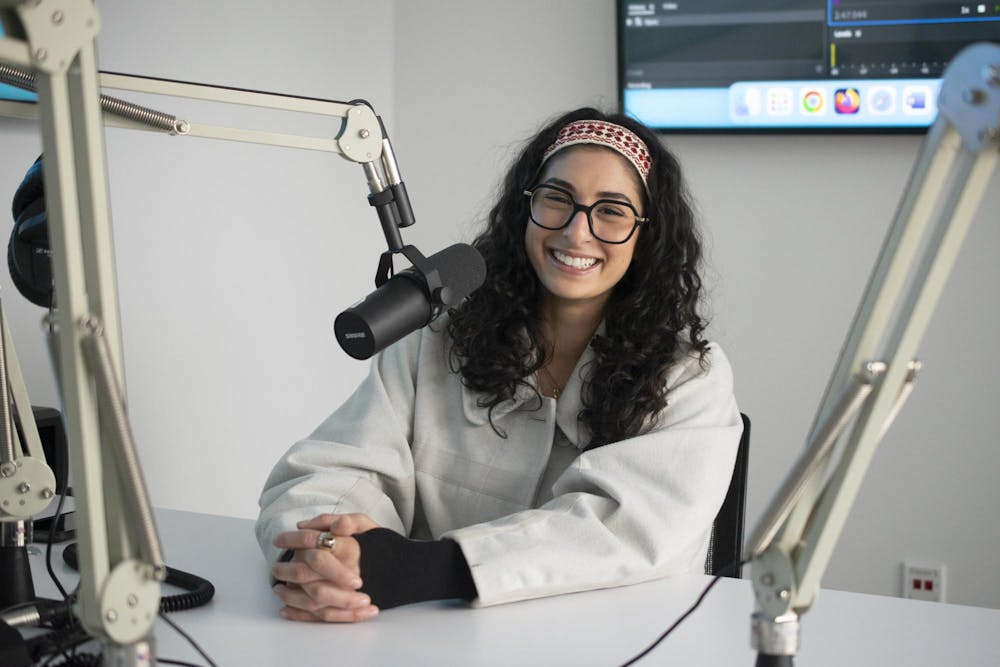According to the 2024-25 UNC Common Data Set, there are currently 32,680 students attending the University. Although most are in full-time degree programs, some are considered nontraditional students.
Melissa Solomon, a senior academic advisor at UNC, wrote in an email to The Daily Tar Heel that there are four main types of students: part-time, full-time, degree-seeking and non-degree-seeking.
Solomon said that most people attending UNC are full-time degree-seeking undergraduates who started college right after high school. They are considered to be on the traditional path.
Nontraditional students include those who are not seeking degrees and those who may be studying part-time.
Part-time degree-seeking students usually consist oflocal adults with non-academic commitments, including work or family obligations. At UNC, Solomon said these students can enroll in up to eight credit hours per semester and pursue any major within the College of Arts and Sciences.
Some majors that fall under UNC’s professional schools are only available to full-time undergraduate students. These programs include the business administration major in the Kenan-Flagler Business School and the accelerated bachelor of science in nursing in the UNC School of Nursing.
Unlike traditional students, part-time degree-seekers are admitted year-round and attend an individualized orientation with Solomon, who connects them with campus resources.
Non-degree seeking students attend UNC for a variety of reasons without the intent to complete a bachelor's or master's program.
Mia Khatib, a 24-year-old non-degree-seeking student, said that before coming to UNC, she earned a bachelor of science in journalism from Boston University with a background primarily in print and digital journalism.




